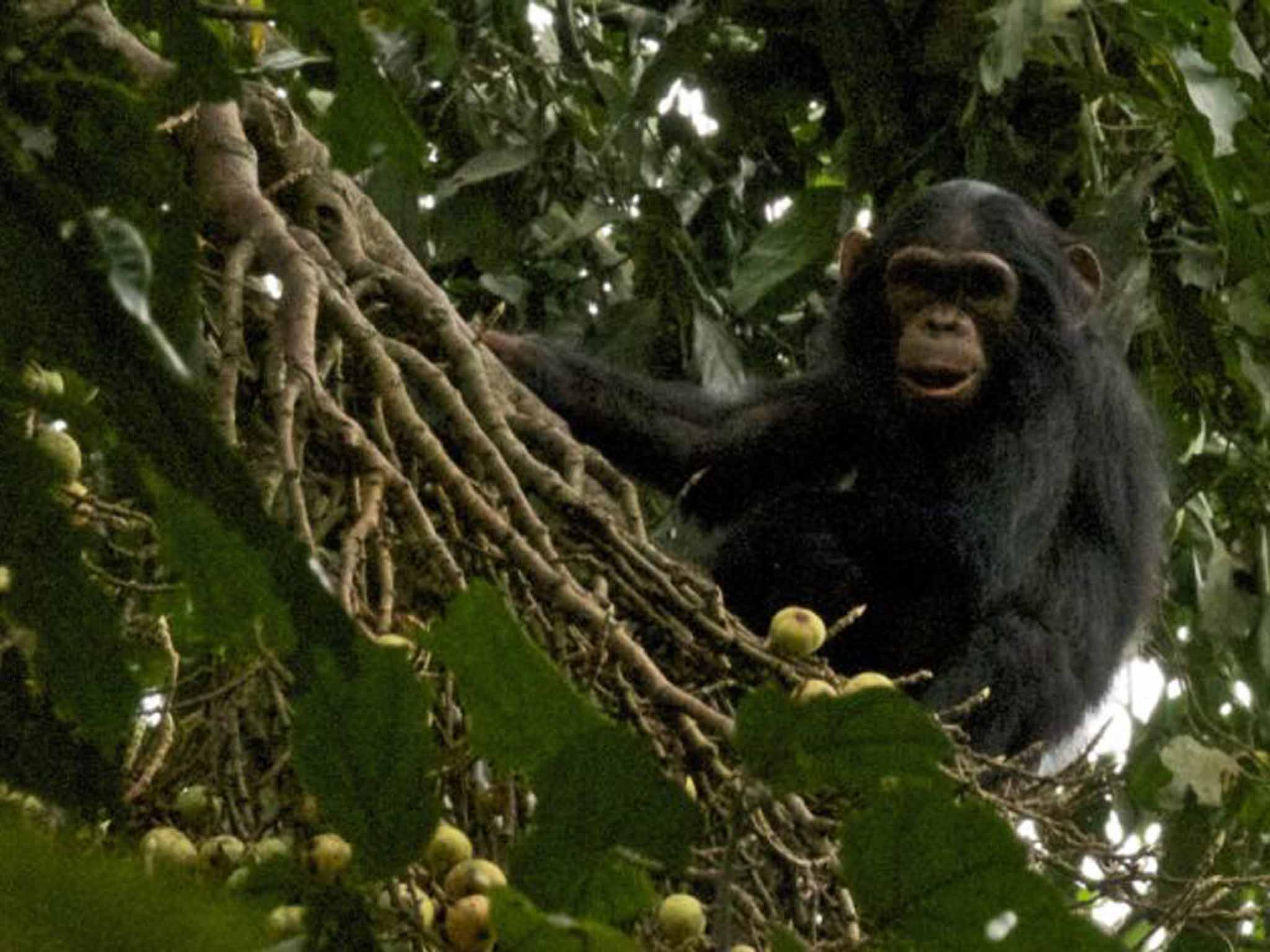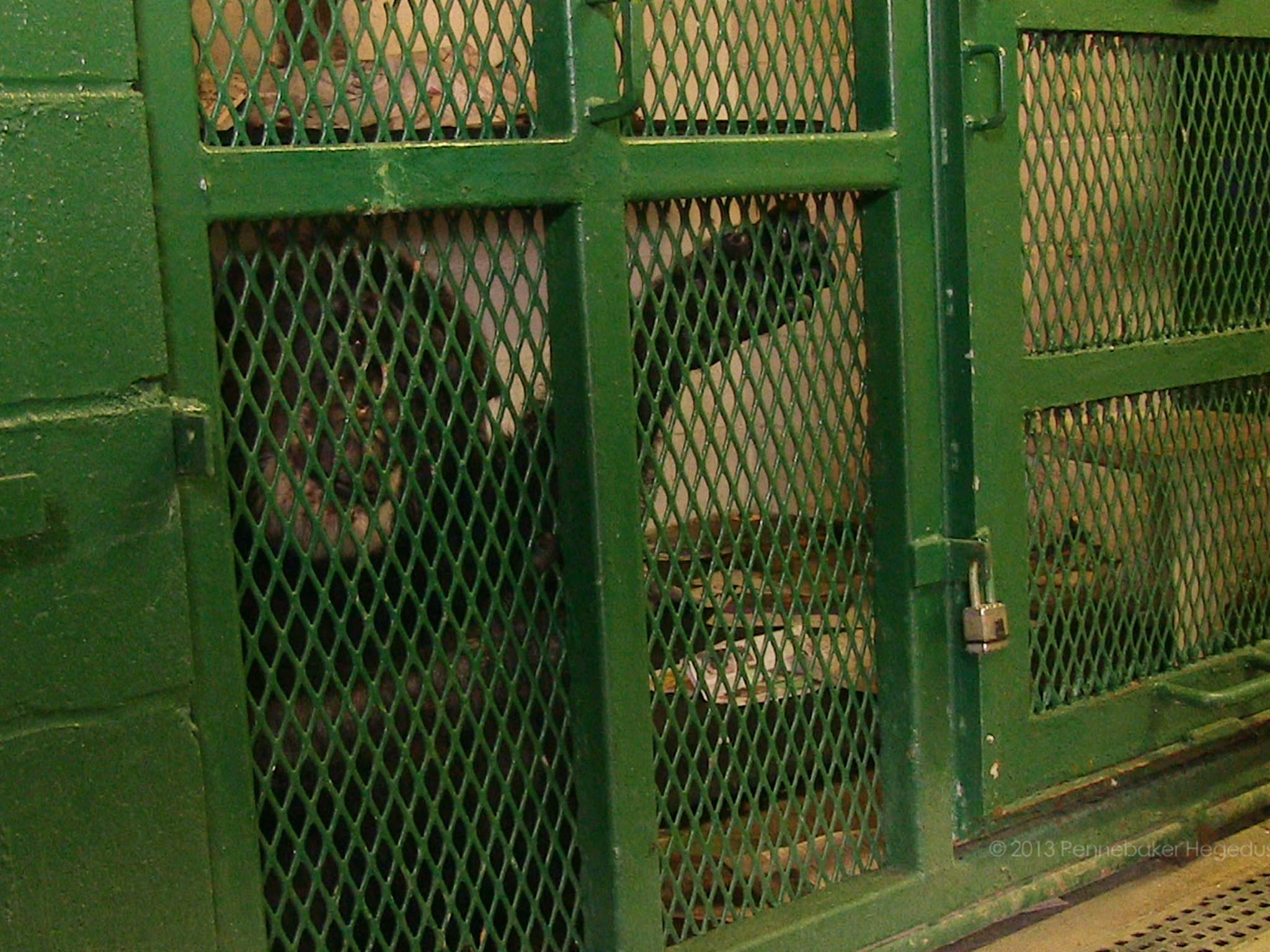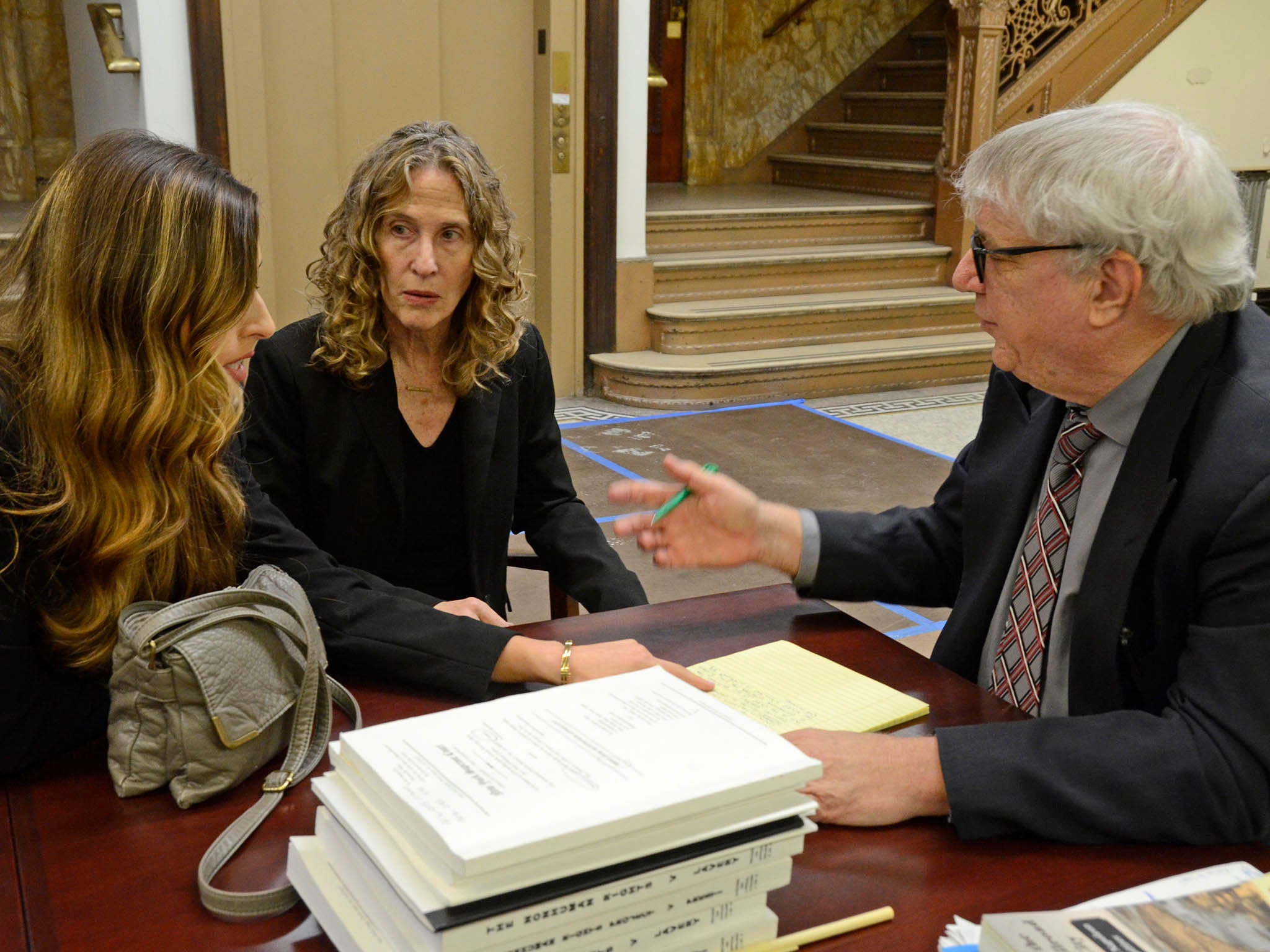US civil rights group hails historic progress in the fight to secure fundamental rights for nonhuman animals
New York’s Court of Appeals admits for the first time there is no legal basis for denying personhood rights to chimpanzees – although it continues to deny them

On 8 May, the State of New York Supreme Court rejected an appeal by civil rights group the Nonhuman Rights Project (NhRP) to have chimpanzees Tommy and Kiko released to a sanctuary.
Five judges voted to uphold a 2017 appellate court ruling that rejected the NhRP’s case to secure bodily autonomy or habeas corpus for the two male chimps. This latest decision follows a Connecticut court’s December 2017 dismissal of NhRP’s case to release three elephants owned by Connecticut travelling circus.
Despite the latest defeat, NhRP commended one of the judges, Associate Judge Eugene M Fahey for his willingness to see nonhumans for “who they are, not what they are” and his acknowledgement of the “importance and urgency” of the issues.
Previous judges have dismissed NhRP cases such as that to free circus elephants as “frivolous”.
In his statement, the judge recognised: “The issue whether a nonhuman animal has a fundamental right to liberty protected by the writ of habeas corpus is profound and far-reaching. It speaks to our relationship with all the life round us.
Ultimately, we will not be able to ignore it.” With respect to Tommy and Kiko however, the court did choose to ignore it.This latest decision effectively ends hopes of freeing the two chimpanzees.

Hard lives
NhRP says that Tommy and Kiko have both suffered isolation and abuse. Believed to have been born in the early 1980s, Tommy was found by NhRP living alone in a cage in a shed on a used trailer park along Route 30 in New York.
According to former owner Dave Sabo, Tommy appeared as “Goliath” in the 1987 film Project X starring Matthew Broderick. NhRP say there is evidence trainers beat the chimpanzees in the film with blackjacks and clubs. After Sabo’s death in 2008, Tommy was acquired by Patrick and Diane Lavery. He is now kept in a concrete cage painted to look like a jungle with only a television to keep him company.
Kiko is believed to be in his thirties and is held in captivity; caged in a storefront attached to the home of Carmen and Christie Presti in Niagara Falls. NhRP says Kiko is partially deaf because of physical abuse he suffered on the set of the movie Tarzan in Manhattan. It cites evidence that he was held by two trainers and struck by another using a blunt instrument.
Arbitrary decision
No reason was given by the court for rejecting NhRP’s appeal, but in an astonishing concurring opinion Judge Fahey admitted the denial had not even been based on the merits of NhRP’s claims.

It became less clear what the decision was based upon after Judge Fahey himself demolished the previous objections of US courts to NhRP’s lawsuits on behalf of elephants and chimpanzees.
NhRP argues that although animals are not people, they are not “things” and should be considered in law as nonhuman persons. The group says the law does not define persons as exclusively human and points to the fact that even non-living entities such as corporations or rivers are accorded the legal status of personhood.
Previous judges argued that animals cannot be persons because they are unable to bear responsibilities as well as rights. In a devastating critique Fahey said: “The same is true of human infants or comatose human adults, yet no one would suppose that it is improper to seek a writ of habeas corpus on behalf of one’s infant child or a parent suffering from dementia.”
Law unable to solve ethical problems?
Changing tack however, Fahey then said that rather than ask if nonhumans could be legally considered persons, it was better to simply ask whether “he or she has the right to liberty protected by habeas corpus”. Knowing that only persons can access the US legal system and its protections, the judge effectively refused to confront what he admitted was a “manifest injustice”.
He sought to explain this, saying: “The inadequacy of the law as a vehicle to address some of our most difficult ethical dilemmas is on display in this matter.” This view is contradicted by legal experts who submitted statements urging the court to grant an appeal. One was Laurence Tribe, the Harvard Law School professor of constitutional law who is reputed to have taken more cases in the United States Supreme Court than anyone. Other lawyers had represented inmates in Guantanamo bay on habeas corpus cases. They argue the law is quite adequate to addressing this dilemma. What may be lacking is the political will of judges to use the legal instruments at their disposal.
NhRP president Steven Wise said: “I think it most likely that this judge was a number one judge who got hung up on a procedural issue.”
NhRP is now lodging and appeal in its elephant case and planning litigation in California on behalf of chimpanzees, elephants and the orcas at Seaworld.
Join our commenting forum
Join thought-provoking conversations, follow other Independent readers and see their replies
Comments